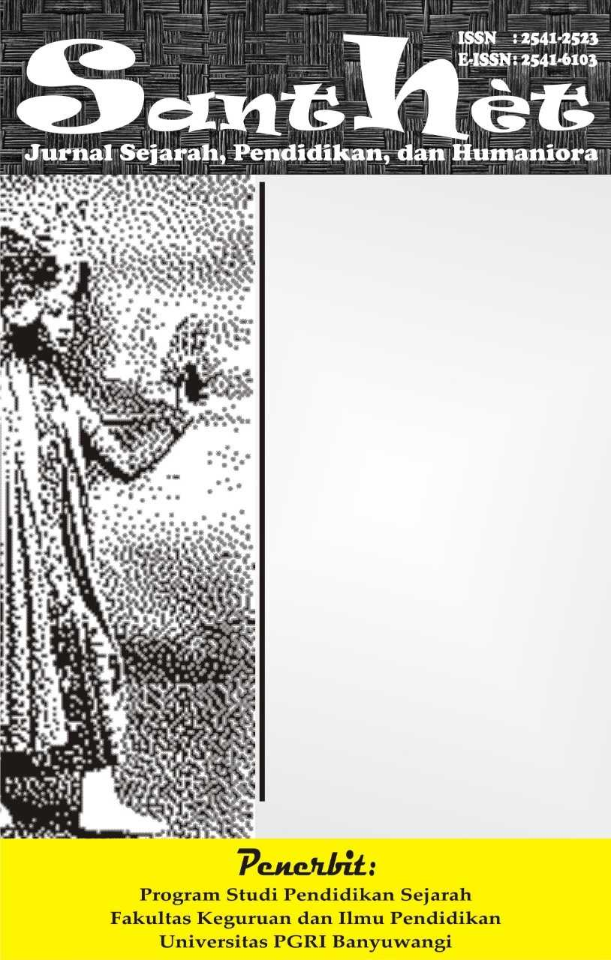Implementasi Konvergensi Kebijakan Pencegahan Stunting Berbasis Nagari di Kecamatan Mungka Kabupaten Lima Puluh Kota
PENCEGAHAN STUNTING BERBASIS NAGARI DI KECAMATAN MUNGKA, KABUPATEN LIMA PULUH KOTA
DOI:
https://doi.org/10.36526/santhet.v7i2.3022Keywords:
Implementation, Policy Convergence, Stunting, NagariAbstract
This study aims to analyze the supporting and inhibiting factors in implementing the convergence of nagari-based stunting prevention policies in Mungka District, Fifty City District. This type of research is qualitative with a descriptive method, because research describes, tells, and hides a situation or event as it is Data Collection Techniques and Tools, namely using observation, interviews and documentation studies. While the technique used to test the validity of the data is to use triangulation techniques by finding sources that the authors get from observations, interviews and literature studies. Furthermore, the procedure in qualitative data analysis according to Miles and Huberman (in Sugiyono, 2014: 91-92) is by reducing data, presenting data and drawing conclusions. The results of this study have implemented stunting prevention policies in several programs. However, it has not succeeded in realizing the policy objectives. This is due to several factors, firstly the lack of participation from the nagari government in reducing the stunting rate in Nagari Mungka, secondly, the low support from pregnant women and mothers with toddlers to participate in outreach activities provided by the nagari midwives and the last, the stunting reduction program has not yet been implemented. the organization of relations between policy implementing organizations greatly determines the level of cooperation and communication in implementing policies.
References
Kartasasmita, G. (1997). Development for the People Facilitates Growth and Equity, Jakarta. PT Pustaka Cidesindo.
Ministry of Health of the Republic of Indonesia, 2011, Guidelines for Providing Supplemental Food for Recovery for Undernourished Toddlers, Jakarta, Director General of Maternal and Child Health Nutrition Development.
Ministry of Health of the Republic of Indonesia, 2017, 'NUTRITION, Investing in the Future of the Nation', Warta Kemasmas, pp 1-27.
Ministry of Health of the Republic of Indonesia, 2017, Technical Guidelines for Providing Supplemental Feeding, Jakarta, Ministry of Health of the Republic of Indonesia.
Kencana Syafie Inu. (2006) Public Administration Science, Jakarta: Rineka Cipta.
Fifty Cities Regent Regulation Number 25 of 2020.
Regulation of the Minister of Health Number 51 of 2018.
Presidential Regulation Number 42 of 2013 concerning the National Movement to Improve Nutrition Acceleration.
Sugiyono. (2014). Educational Research Methods Quantitative, Qualitative, and R&D Approaches. Bandung: Alphabet
Law Number 36 of 2009 Concerning Health.
Law Number 6 of 2014 Concerning Villages.





























